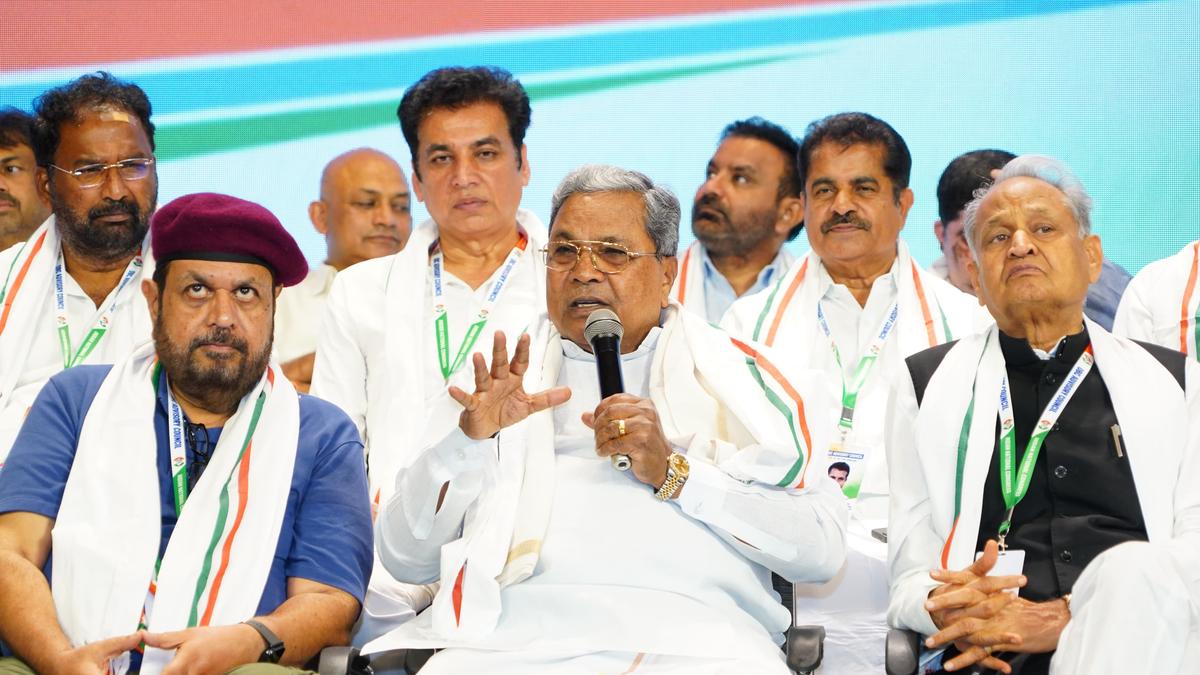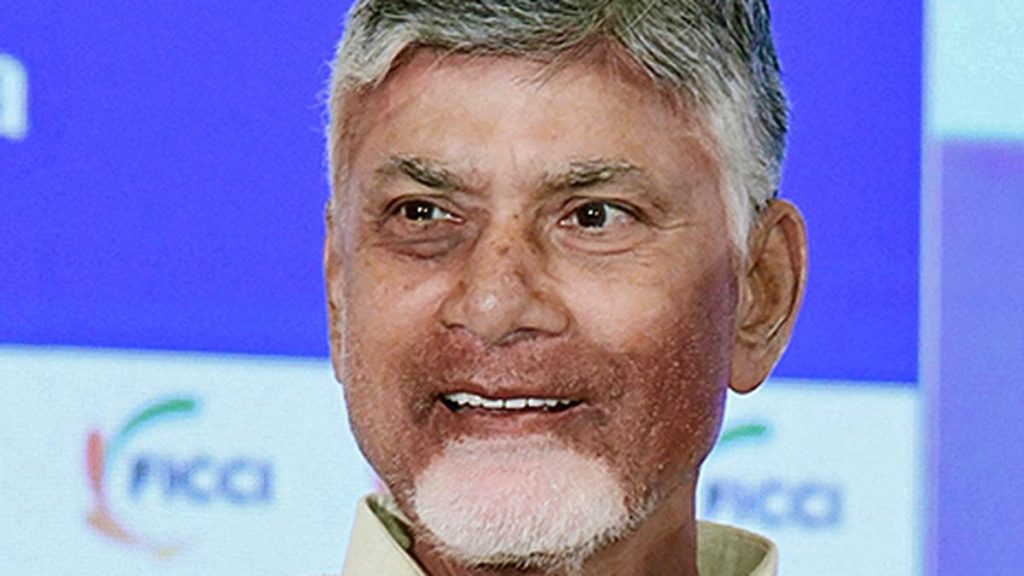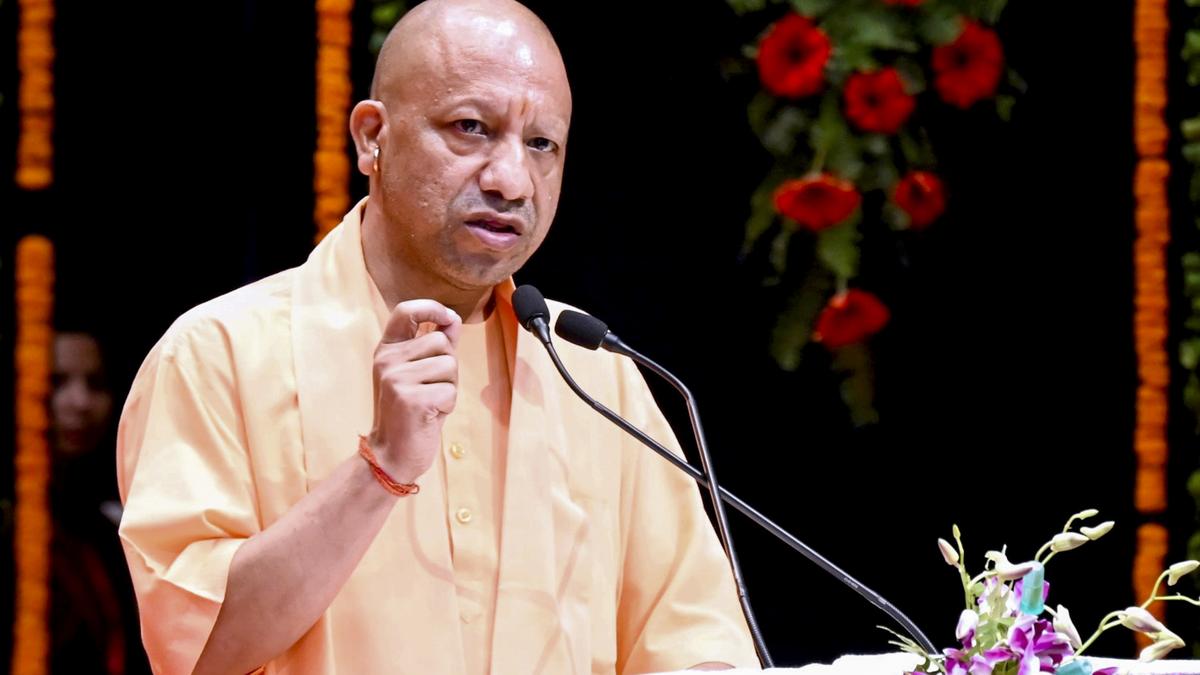Now Reading: Siddaramaiah Pushes for 75% OBC Quota, Advocates Reservations in Private Sector
-
01
Siddaramaiah Pushes for 75% OBC Quota, Advocates Reservations in Private Sector
Siddaramaiah Pushes for 75% OBC Quota, Advocates Reservations in Private Sector

Quick Summary
- Chief Minister Siddaramaiah urged the AICC’s OBC Advisory Council to strategize for completing a nation-wide socio-economic and educational caste census.
- He proposed reservations of 75% for backward classes or proportionate representation based on the caste census.
- Siddaramaiah advocated for reservation in private sector jobs, government promotions, contracts, and financial support schemes to expand economic opportunities.
- He emphasized combatting discrimination with awareness campaigns and promoting social integration through backward class consciousness.
- The council will work as a platform to transform discussions on caste census into constitutional necessities and shape policies reflecting backward classes’ voices.
- The council is tasked with generating political awakening and solidarity among backward classes, aiming at long-term change and leadership from oppressed communities. It includes 24 leaders such as former Chief Ministers, Ministers, and MPs.
- AICC’s initiative seeks to strengthen its response in OBC politics nationwide while striving to win back OBC voters.
- Siddaramaiah criticized BJP ideologically for opposing Congress’s social justice measures regarding equity advancement.
Indian Opinion Analysis
The call by Chief Minister Siddaramaiah for a nation-wide caste census reflects ongoing debates about equitable representation in India’s societal framework. Ensuring proportional political voice, expanding economic opportunities via private-sector reservation, and addressing systemic inequality through targeted programs appear central to Congress’s strategy aimed at engaging OBC communities. By reframing caste discussions from political rhetoric into constitutional commitments, the proposal emphasizes structural reform rather than symbolic pretense.The implications of these demands are critically important: accomplished implementation of an expansive socio-economic dataset could inform policy shifts across various sectors.However, balancing inclusivity without fostering division remains critical as this strategy unfolds within India’s complex sociopolitical context. Furthermore, aligning reservations across both public-sector governance frameworks-and integrating them into private enterprises-would require substantive ideological consensus coupled with robust organizational execution.
Rekindling voter trust among marginalized groups suggests potential electoral gains but must navigate enduring ideological opposition that could influence national discourse. the focus on inclusion highlights India’s evolving debate around empowerment versus entrenched resistance concerning social justice goals.

























